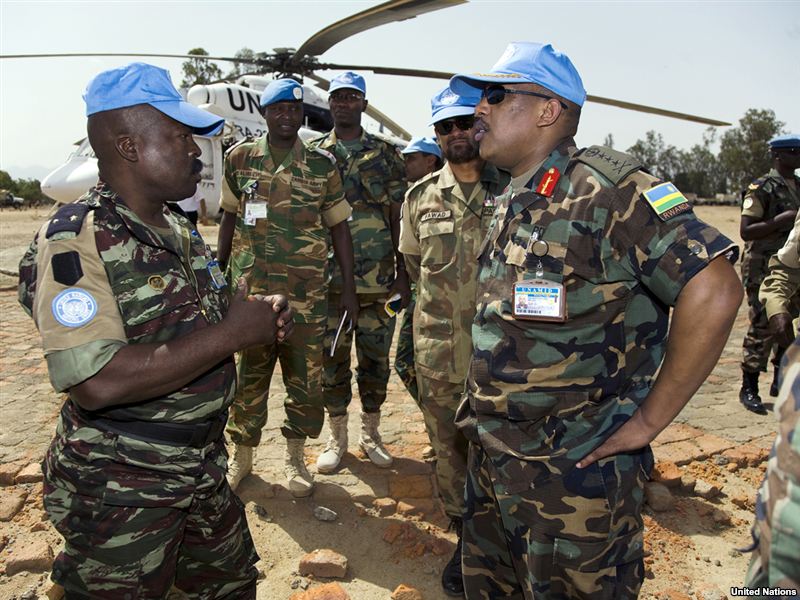
From Daniel Larison, Eunomia/The American Conservative: Previous interventions in Kosovo, Afghanistan and Iraq have all involved the introduction of significant ground forces by the U.S. and NATO members at some point so that a large U.N. force was not wanted or not needed. Libya is technically different in that it was originally sanctioned by the U.N., but in reality it has always been a project of western European and North American governments. If these governments aren’t going to contribute (and they aren’t), why are others going to volunteer to do what they wouldn’t? Leading governments throughout the developing world have made no secret that they oppose the war, and African Union members might reasonably ask why they should be expected to fill the security void that NATO created. AU objections to the war were ignored and their cease-fire proposals were dismissed. What incentive do they have for putting their soldiers at risk in a dangerous post-war Libya? Perhaps invoking the dangers of regional instability will be enough. Perhaps the major powers can revive the old slogan, “African solutions for African problems.”
[…]
While we are discussing post-war Libyan reconstruction, it is worth remembering that this is another area where the Libyan war’s justification under the “responsibility to protect” doctrine breaks down. When it comes to the “responsibility to rebuild,” which as an integral part of the doctrine, no one wants to take responsibility. According to the authors of the doctrine, post-conflict reconstruction planning is a necessity if there is to be a military intervention.
[…]
The Libyan war has been a clear case of taking advantage of the authority that R2P grants without any intention of fulfilling the obligations that it entails. The inherent problem in the R2P doctrine and interventionist policies more broadly is that there is often more than enough political will to use force and very little will to repair the damage afterwards. Despite the belief that the wars in Libya and Iraq are radically different, the near-total lack of preparation for what comes after the war and the vague hope that the international community will pick up the slack are all too similar.
Photo: UN/NPR
Image: un-peacekeepers.jpg
